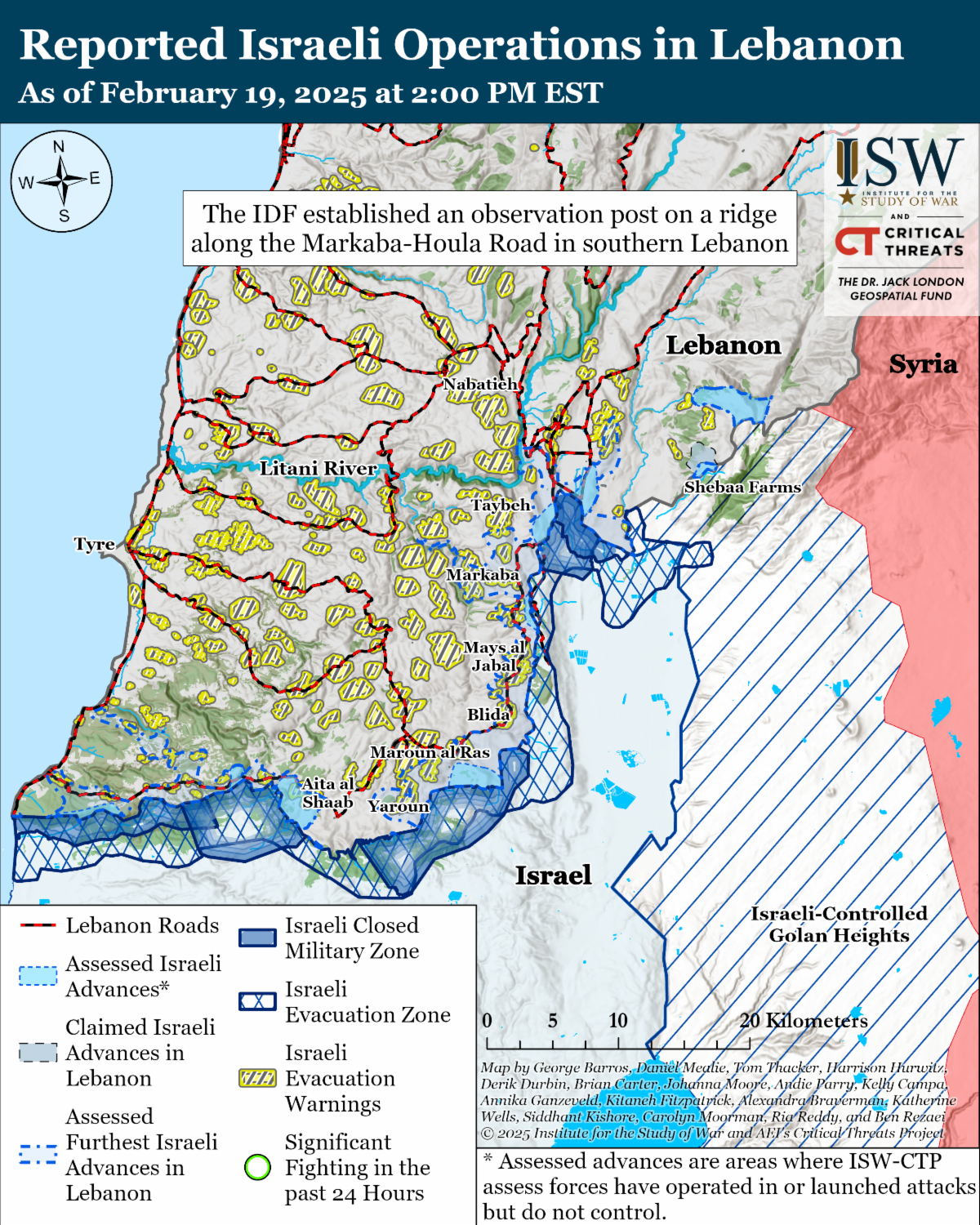The Syrian Preparatory Committee does not plan to include the Kurdish-majority Syrian Democratic Forces (SDF) or its political wing, the Democratic Union Party (PYD), in the National Dialogue Conference. This conference will reportedly facilitate the drafting of a new Syrian constitution, and therefore, the composition of its attendees will influence the trajectory of the post-Assad Syrian state. Preparatory Committee spokesperson Hassan al Daghim told Turkish state media on February 19 that the Syrian interim government expects armed groups to disarm and integrate into the new Syrian army and for the political wings of these armed groups to dissolve. Daghim called out the SDF and PYD specifically, arguing that the PYD ”must be dissolved“ because the SDF “operates outside the authority of the Damascus government.” The PYD controls the Autonomous Administration of North and East Syria (AANES), which governs SDF-controlled areas in northeastern Syria. Daghim’s call for the PYD to ”dissolve” differs from recent reports that Turkey wants to encourage Kurdish political parties, including the PYD, to participate in the political system in Damascus. Daghim confirmed that the Preparatory Committee “has not and will not communicate with the Syrian Democratic Forces or any other military group” but that the interim government is continuing to negotiate disarmament terms with the SDF. There appear to be several outstanding issues in the negotiations between the interim government and the SDF. An SDF commander stated that the SDF and AANES agreed to merge their forces into the Syrian Defense Ministry on February 17, suggesting that figures formerly associated with the SDF could participate in the conference if the SDF dissolves before the conference.
The committee’s statements reflect the historic animosity between the SDF and Sunni Arab opposition factions. The SDF fought Hayat Tahrir al Sham (HTS)’s predecessor organizations and the Turkish-backed Syrian National Army (SNA) throughout the 2010s in Syria and had several political disagreements. The PYD, for example, did not join Syrian opposition organizations. Sunni Arab opposition groups have accused the SDF of cooperating with the Assad regime and have historically viewed the group with suspicion. The Preparatory Committee is mostly comprised of pro-HTS figures who are loyal to Syrian Interim President Ahmed al Shara. Daghim previously headed the SNA Moral Guidance Department and has previously criticized the SDF. Daghim stated on January 31 that the SDF is “one of the Syrian components and cannot be distinguished from other [components].” Daghim nonetheless appears to be distinguishing the PYD, a dominant component of the SDF, from other Syrian components by calling for its dissolution. The SDF’s leaders, many of whom are Kurdish, are likely reluctant to integrate into an organization that includes groups that have repeatedly committed human rights abuses against Kurds. SDF leaders almost certainly recognize that ongoing Turkish and Turkish-backed attacks in northern Syria pose a possibly existential threat to the SDF and Kurds.[13] The SDF is therefore unlikely to willingly give up its ability to defend Kurdish areas against active attacks.
Key Takeaways:
- The Syrian Preparatory Committee does not plan to include the Kurdish-majority Syrian Democratic Forces (SDF) or its political wing, the Democratic Union Party (PYD), in the National Dialogue Conference. The committee’s statements reflect the historic animosity between the SDF and Sunni Arab opposition factions.
- Iraqi nationalist Shia cleric Muqtada al Sadr reportedly plans to return to Iraqi politics, which could deepen fissures between the Shia Coordination Framework parties ahead of the Iraqi parliamentary elections in October 2025.
- Iranian-backed Iraqi Shia political parties are competing for the chairmanship of the Popular Mobilization Commission (PMC), which is currently held by Faleh al Fayyadh.
- Some elements of Iranian-backed Iraqi militia Harakat Hezbollah al Nujaba appear to be increasingly frustrated over Iranian-backed Iraqi militias’ lack of “resistance” against the United States and Israel.
- Iran likely attempted to sell as much oil to China as it could before US President Donald Trump reinstated his “maximum pressure” policy on Iran.
- The Syrian interim government asked Russian officials to pressure Iran to stop trying to destabilize Syria, according to unspecified Syrian diplomatic sources speaking to Syrian media on February 19. CTP-ISW has previously assessed that Iran is trying to stoke sectarian tension in Syria and exploit such tension to rebuild the Axis of Resistance in Syria.
| 




 [ISW] 이란 업데이트, 2025년 2월 20일
[ISW] 이란 업데이트, 2025년 2월 20일
 [ISW] 이란 업데이트, 2025년 2월 18일
[ISW] 이란 업데이트, 2025년 2월 18일